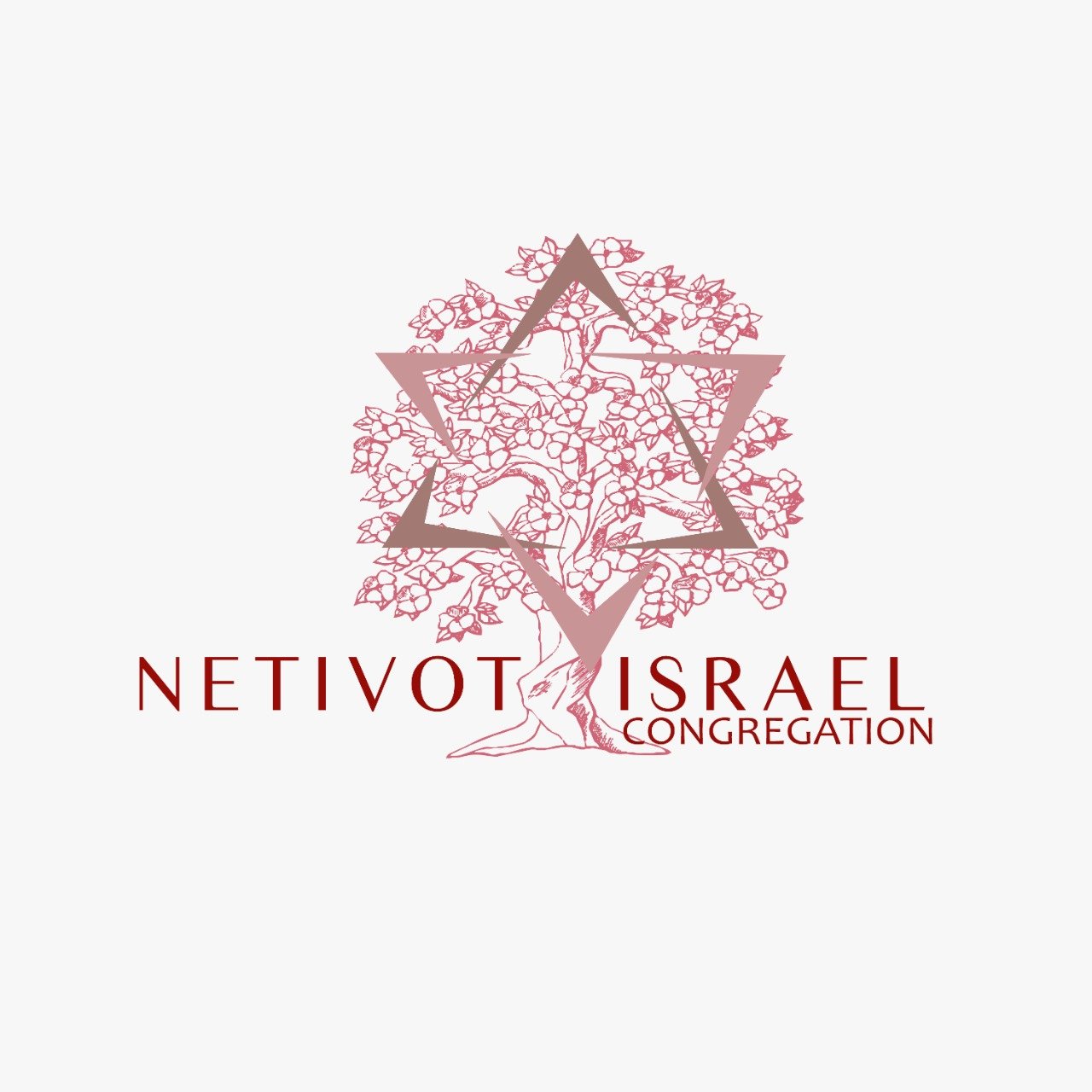Vayeishev
When studying the story of Yosef and his brothers, it is worthwhile to remember the famous “Din
Torah” that took place in the Yeshiva of Volozhin. There was a dispute between two great Rashei
Yeshivots — Rav Chaim Soloveitchik and the Netzi”v — . One of the judges on the Rabbinical panel
who were convened to hear the Din Torah was the Vilna Magid. The Vilna Magid commented to the
other Judges that the Din Torah coincided with Parshat VaYeshev. The other Dayanim did not
understand what the Vilna Magid meant because it was not Parashat VaYeshev, it was a totally
different parasha that week! The Vilna Magid explained: In the Book of Bereishit, up until Parashat
VaYeshev, all disputes involved a “good guy” and a “bad guy”. There was the dispute between
Adam and the Snake, between Yitzchak and Yishmael, and between Yaakov and Eisav. All of these
were “no brainers” in terms of which side to pick in the argument. However, in Parshat VaYeshev –
regarding the argument between Yosef and his brothers — we have great difficulty deciding who is
right and who is wrong. Both sides were righteous individuals. Both sides had rationales for doing
what they were doing. Therefore, it is not so easy to rule who is right and who is wrong. This is the
same situation in the dispute here in Volozhin between the Netziv and Rav Chaim, he noted.
It is important to bear this perspective in mind when we engage in any type of discussion of the
Machloket between the Shevatim. The pasuk says that the brothers saw that Yaakov Avinu loved
Yosef more than them and they began to hate him. There is an interesting insight from Rabbi
Yaakov Toledano zatsal, based on an interesting reading of the pasuk. Many times, we have feelings
we are not proud of. These are feelings of inferiority, or otherwise stem from the non-glorious side
of our personalities. The brothers sensed they were jealous of Yosef, but they could not just come
out and say “We hate Yosef because our father likes him better.” It was not Yosef’s fault that his
father liked him better. People have this strange ability to rationalize their behavior and try to
elevate their very base and mean emotions; rationalizing them into something other than what
they really are, in order that they may be proud of themselves. Therefore, the brothers concluded
“it does not bother me that Yaakov loves Yosef more than ME”, what bothers me is that “Yaakov
loved Yosef more than ALL HIS BROTHERS (kol Echav)”. Each brother was championing the rights of
the other —of his siblings who were being discriminated against because Yaakov loved Yosef more
than THEM. “Personally, I am a ‘Baal Midots’ so I can handle this. I do not harbor any jealousy, but I
need to champion the rights of my other brothers.”
The irony of all this is that the same brothers who took up the rights of the “other brothers” were
themselves guilty of some degree of sibling oppression. Chazal say that Yosef befriended the sons of
the maidens (Bilha and Zilpa) because they were looked down upon by the sons of Leah. However,
regarding Yosef, they argued that “this Yosef is worthy of our hatred because he causes the other
brothers to be looked down upon by Yaakov”. This did not prevent these same brothers from
looking down upon their other brothers (Gad, Asher, Dan, Naftali). In that case, they failed to
champion the “rights of all the brothers equally”.
It is not an uncommon phenomenon that our own deeds become an accusation against us. Our
arguments on behalf of the oppressed are themselves demolished by things we ourselves do that
are just as bad, if not worse, than the “evils” we are decrying.

